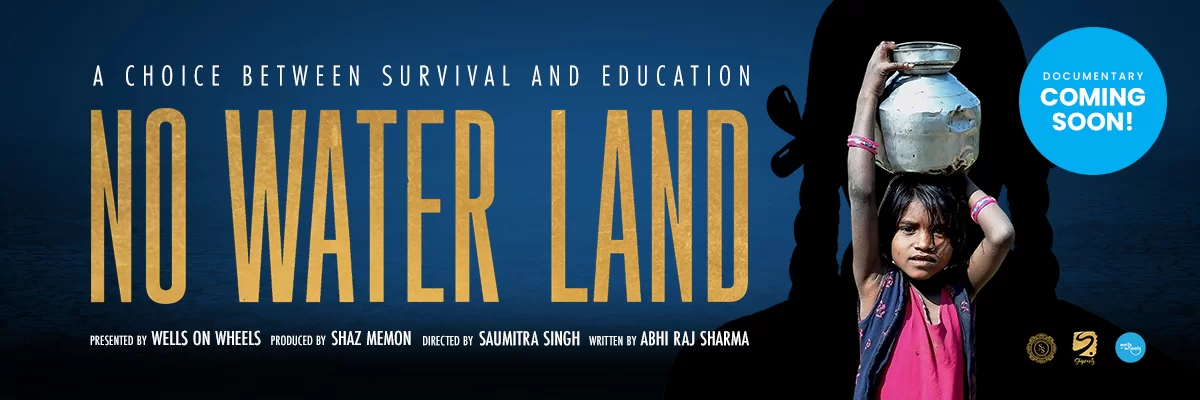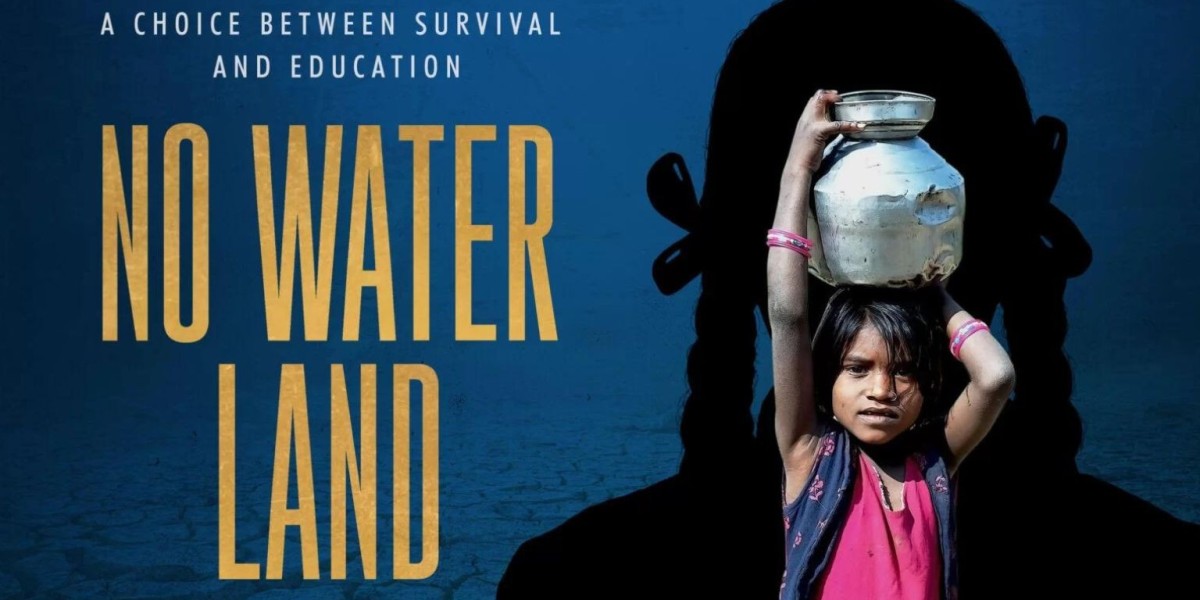 Introduction
Introduction
In the rural regions of India, the burden of water collection falls heavily on women and girls, who often walk long distances of 1-2 miles each day, carrying heavy pots of water on their heads. This arduous task not only takes a toll on their physical well-being but also perpetuates a vicious cycle of poverty. However, a remarkable initiative called Wells on Wheels, founded in June 2019, is bringing hope to these communities by freeing young girls from the burden of water collection and allowing them to pursue education. At the heart of this transformative endeavor is the Water Wheel, an ingenious invention that is revolutionizing the lives of these girls and their families.
No Water Land: Shedding Light on the Plight of Girls in Rural India
Director Saumitra Singh's documentary film, "No Water Land," unveils the grim realities faced by young girls in rural India. It captures the poignant story of Shaz Memon, a UK-based philanthropist, and the founder of the NGO Wells on Wheels. The film sheds light on the lives of girls in Maharashtra who are deprived of basic educational opportunities due to their responsibilities of collecting water for their families. This thought-provoking documentary serves as a powerful reminder of the urgent need for change and the transformative potential of initiatives like Wells on Wheels.
The Water Wheel: Liberation from the Burden of Water Collection
At the heart of Wells on Wheels' mission is the Water Wheel, a remarkable invention that is changing the futures of countless young girls. Designed to alleviate the physical and health burdens of water collection, the Water Wheel is a large, round water drum fitted with handles, enabling it to be rolled along the ground with ease. This innovative device allows water collectors to roll the liquid from wells instead of carrying it on their heads, significantly reducing the strain and exhaustion associated with this task.
Empowering Women and Girls
The impact of the Water Wheel is far-reaching. By eliminating the need for girls to spend hours each day carrying heavy loads of water, they are freed to pursue education and other productive activities. The Water Wheel can carry up to five times more water than a single bucket, making the water collection process more efficient and less time-consuming. This increased capacity not only benefits the girls themselves but also their families and communities, as it allows for more water to be transported in a single trip.
Breaking the Cycle of Poverty
The Water Wheel, along with the dedication of Wells on Wheels, is breaking the cycle of poverty that has trapped families in these rural regions for generations. By enabling girls to attend school regularly and gain an education, they are empowered to overcome the limitations that poverty imposes upon them. Education opens doors to opportunities, equipping these girls with the knowledge and skills necessary to create a brighter future for themselves and their communities.
Conclusion
Through the efforts of Wells on Wheels and the innovative Water Wheel invention, young girls in rural India are being granted a chance at a better life. No longer burdened by the physically demanding task of water collection, they are free to pursue education and work, unlocking their full potential. The journey towards gender equality and the eradication of poverty begins with initiatives like these, which recognize the inherent value and potential of every individual. With continued support and awareness, the Water Wheel and similar transformative solutions can bring about lasting change, empowering girls and breaking the shackles of poverty in rural India.



